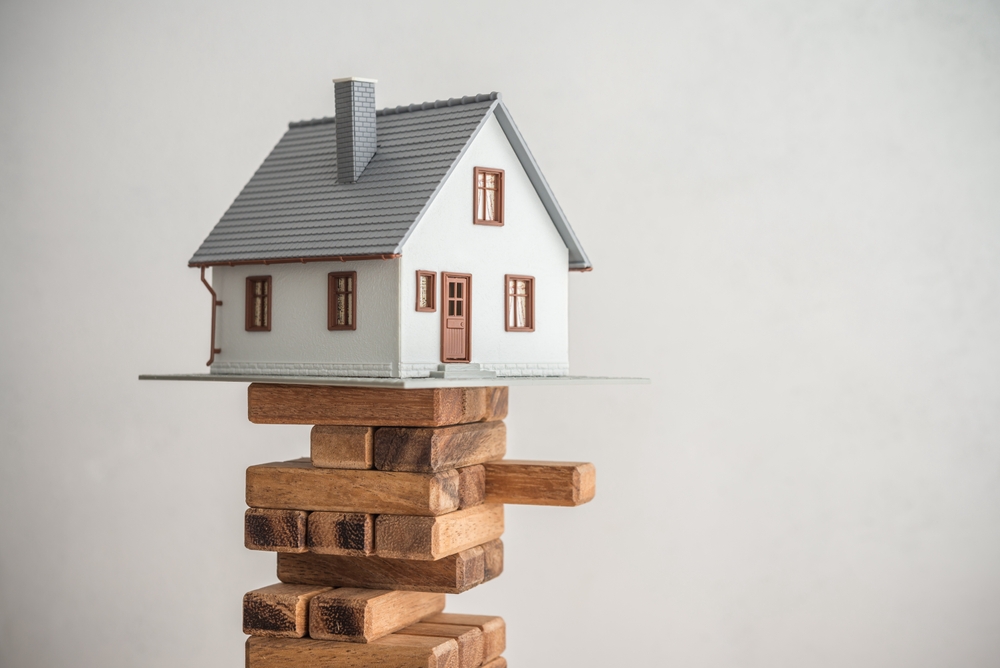Understanding Home Value: Key Factors and Considerations
Determining the value of a home is a crucial aspect of real estate that impacts buyers, sellers, and homeowners alike. Home value refers to the estimated worth of a residential property in the current market. This figure is influenced by various factors, ranging from the property's physical characteristics to broader economic trends. Whether you're looking to buy, sell, or simply understand your home's worth, grasping the concept of home value is essential in navigating the real estate landscape.

How is home value determined professionally?
Professional appraisers and real estate agents use various methods to assess a property’s value. The most common approach is the comparative market analysis (CMA), which involves examining recent sales of similar properties in the area. Appraisers also consider the cost approach, which estimates how much it would cost to rebuild the home from scratch, and the income approach, which is particularly relevant for investment properties. These professionals take into account factors such as the home’s age, condition, location, and any recent renovations or upgrades. They also consider broader market trends and economic indicators that might influence property values in the region.
Why is understanding home value important for homeowners?
For homeowners, knowing the value of their property is crucial for several reasons. It helps in making informed decisions about selling, refinancing, or taking out a home equity loan. Understanding your home’s value can also guide decisions about home improvements – knowing which upgrades are likely to increase value can help prioritize renovation projects. Additionally, accurate knowledge of home value is essential for insurance purposes, ensuring that your property is adequately covered in case of damage or loss. Regularly monitoring your home’s value can also provide insights into the overall health of your investment and help in long-term financial planning.
How can homeowners increase their property’s value?
There are several ways homeowners can potentially increase their property’s value. Renovations and upgrades are common strategies, with kitchen and bathroom remodels often yielding high returns on investment. Improving energy efficiency through better insulation, upgraded windows, or solar panels can also boost value while reducing utility costs. Enhancing curb appeal through landscaping and exterior improvements can make a significant difference in perceived value. Regular maintenance is crucial – addressing small issues before they become major problems can help maintain and even increase a home’s worth. However, it’s important to note that not all improvements will significantly impact value, and the potential return on investment can vary depending on local market conditions.
What role does the real estate market play in home values?
The broader real estate market has a substantial impact on individual home values. Market conditions, such as whether it’s a buyer’s or seller’s market, can influence property prices. Economic factors like interest rates, employment rates, and overall economic growth also play a role. In a strong economy with low unemployment and favorable interest rates, home values tend to rise as more people enter the housing market. Conversely, during economic downturns, property values may stagnate or decline. Local market conditions, including development plans, zoning changes, or shifts in neighborhood desirability, can also significantly affect home values in specific areas.
How accurate are online home value estimators?
Online home value estimators, often referred to as automated valuation models (AVMs), have become increasingly popular tools for quickly assessing property values. These tools use algorithms that consider public data, recent sales, and other factors to estimate a home’s worth. While they can provide a general idea of a property’s value, their accuracy can vary significantly. Online estimators may not account for recent renovations, unique features of a home, or nuanced local market conditions. They’re best used as a starting point rather than a definitive valuation. For more accurate assessments, particularly for major financial decisions, it’s advisable to consult with local real estate professionals or obtain a professional appraisal.
| Valuation Method | Provider | Key Features | Cost Estimation |
|---|---|---|---|
| Professional Appraisal | Licensed Appraisers | In-depth property inspection, Detailed report | $300 - $600 |
| Comparative Market Analysis (CMA) | Real Estate Agents | Local market insights, Recent comparable sales | Often free (potential client service) |
| Automated Valuation Model (AVM) | Zillow (Zestimate) | Quick online estimate, Uses public data | Free |
| Broker Price Opinion (BPO) | Real Estate Brokers | Less detailed than appraisal, Faster turnaround | $100 - $300 |
| Home Value Estimator | Redfin | Uses MLS data, Updated frequently | Free |
Prices, rates, or cost estimates mentioned in this article are based on the latest available information but may change over time. Independent research is advised before making financial decisions.
Understanding home value is essential for anyone involved in the real estate market. Whether you’re a homeowner, buyer, or seller, having a clear grasp of what influences property worth can help you make informed decisions. While various tools and professionals can assist in determining home value, it’s important to remember that the real estate market is dynamic, and values can fluctuate. Regular assessment and staying informed about local market trends are key to maintaining an accurate understanding of your property’s worth in the ever-changing landscape of real estate.






